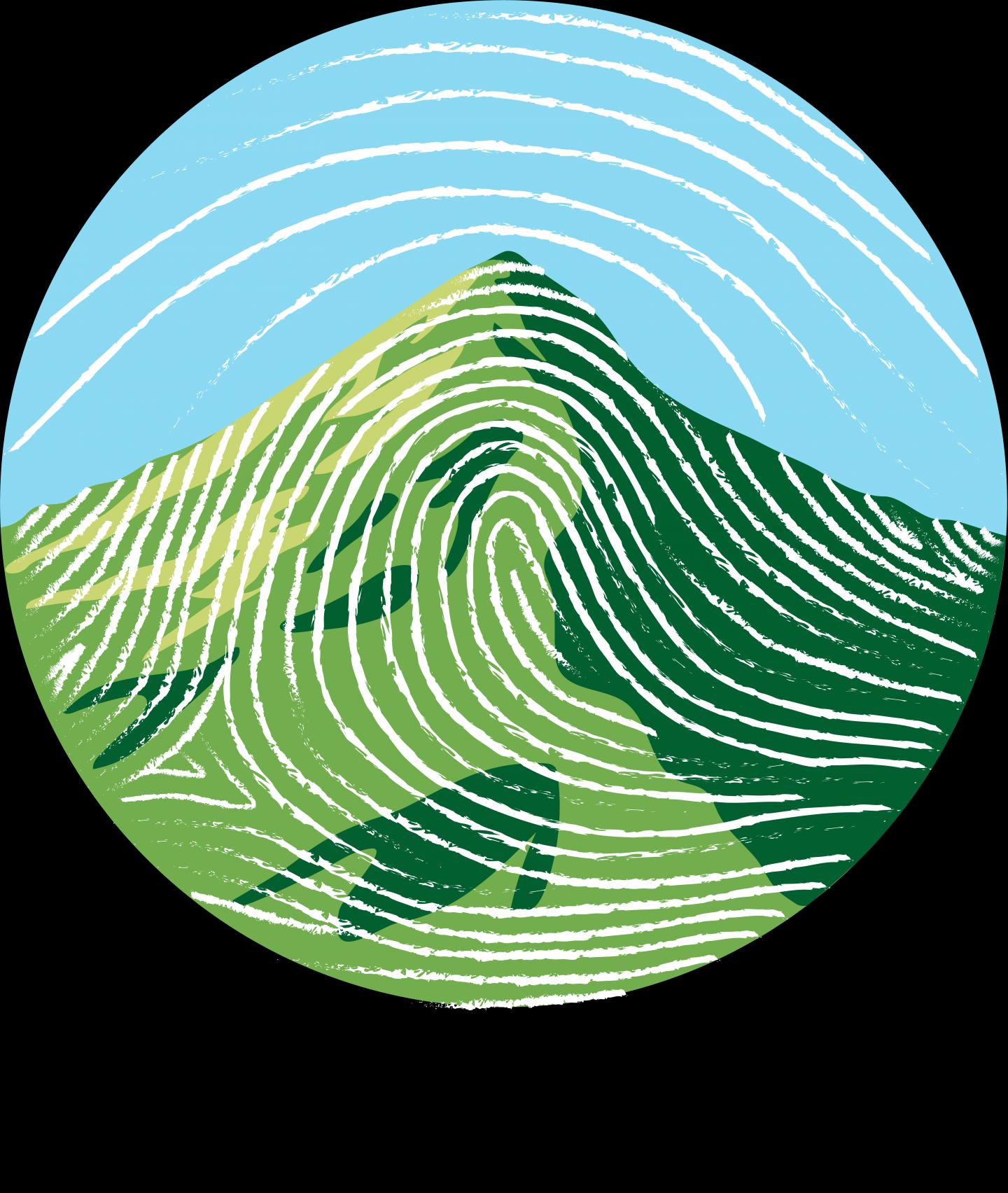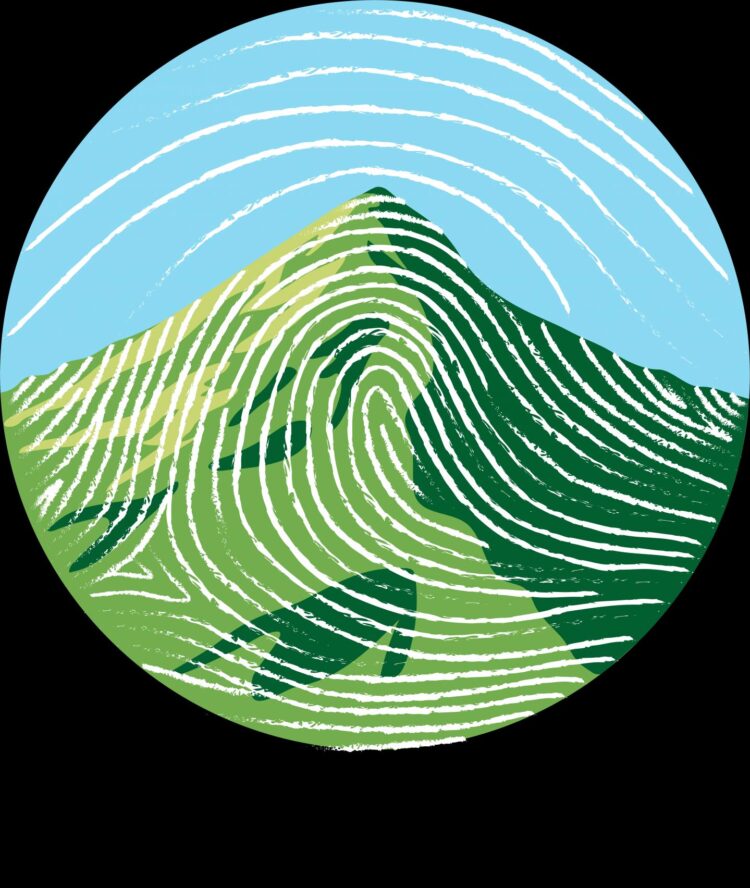The Pofatu Database is the first comprehensive open-access compilation of geochemical analyses and contextual information for archaeological sources and artefacts facilitating new insights into ancient trade and long-distance voyaging

Credit: Designed by Aymeric Hermann
Due to the improvement and increased use of geochemical fingerprinting techniques during the last 25 years, the archaeological compositional data of stone tools has grown exponentially. The Pofatu Database is a large-scale collaborative project that enables curation and data sharing. The database also provides instrumental details, analytical procedures and reference standards used for calibration purposes or quality control. Thus, Pofatu ensures reproducibility and comparability between provenance studies.
Provenance studies (documenting where artefacts are found relative to their sources or place of manufacture) help archaeologists understand the “life-histories” of artefacts, in this case, stone tools. They show where the raw material come from and how artefacts were manufactured and distributed between individuals and groups. Reliable data allows scientists to reconstruct technological, economic, and social behaviors of human societies over many thousands of years.
To facilitate access to this growing body of geochemical data, Aymeric Hermann and Robert Forkel of the Department for Linguistic and Cultural Evolution, Max Planck Institute for the Science of Human History, conceived and designed Pofatu, the first open-access database of geochemical compositions and contextual information for archaeological sources and artefacts in a form readily accessible to the scientific community.
Reconstructing ancient strategies of raw material and artefact procurement
Geochemical “fingerprinting” of artefacts is the most effective way to reconstruct how and where ancient peoples extracted, transformed, and exchanged stone materials and artefacts. These fingerprints also serve as clues to understand a number of phenomenon in past human societies, such as technical and economic behaviors, as well as sociopolitical organizations.
The Pofatu Database provides researchers with access to an ever-expanding dataset and facilitates comparability and reproducibility in provenance studies. Each sample is comprehensively documented for elemental and isotopic compositions, and includes detailed archaeological provenance, as well as supporting analytical metadata, such as sampling processes, analytical procedures, and quality control.
“By providing analytical data and comprehensive archaeological details in a form that can be readily accessed by the scientific community,” Hermann says, “the Pofatu Database will facilitate assigning unambiguous provenance to artefacts in future studies and will lead to more robust, large-scope modelling of long-distance voyaging and traditional exchange systems.”
Additionally, Marshall Weisler, a collaborator in the Pofatu project from the University of Queensland in Australia, stated that “By tracing the transport of artefacts carried across the wide expanse of the Pacific Ocean, we will be able to reconstruct the ancient journeys enabling the greatest maritime migration in human history.”
Pofatu – an operational framework for data sharing in archaeometry
Pofatu’s structure was designed by Forkel and Hermann. Hermann compiled and described the data with contributions and validations by colleagues and co-authors from universities and research institutions in New Zealand, Australia, and the USA. The database uses GitHub for open-source storage and version control and common non-proprietary file formats (CSV) to enable transparency and built-in reproducibility for future studies of prehistoric exchange. The database currently contains 7759 individual samples from archaeological sites and geological sources across the Pacific Islands, but Pofatu is made for even more, Hermann notes.
“With Pofatu we activated an operational framework for data sharing in archaeometry. The database is currently focused on sites and collections from the Pacific Islands, but we welcome all contributions of geochemical data on archaeological material, regardless of geographic or chrono-cultural boundaries. Our vision is an inclusive and collaborative data resource that will hopefully continue to develop with more datasets from the Pacific as well as from other regions. The ultimate goal is a more global project contemporary to other existing online repositories for geological materials.”
Although the Pofatu Database is meant to be used primarily by archaeologists, analyses of geological samples and raw material extracted from prehistoric quarries could also be used by geologists to gather essential information on the smaller or more remote Pacific islands, which are among the least studied places on the planet and sometimes lack geochemical documentation. In that sense, Pofatu is a tool that will facilitate interdisciplinary research.
###
The Pofatu Database is curated and updated continuously . New datasets and information on previously documented datasets can be submitted using the Data Submission Template and Guidelines, which can be found here: https:/
Media Contact
Andrew (AJ) Zeilstra
[email protected]
Related Journal Article
http://dx.





